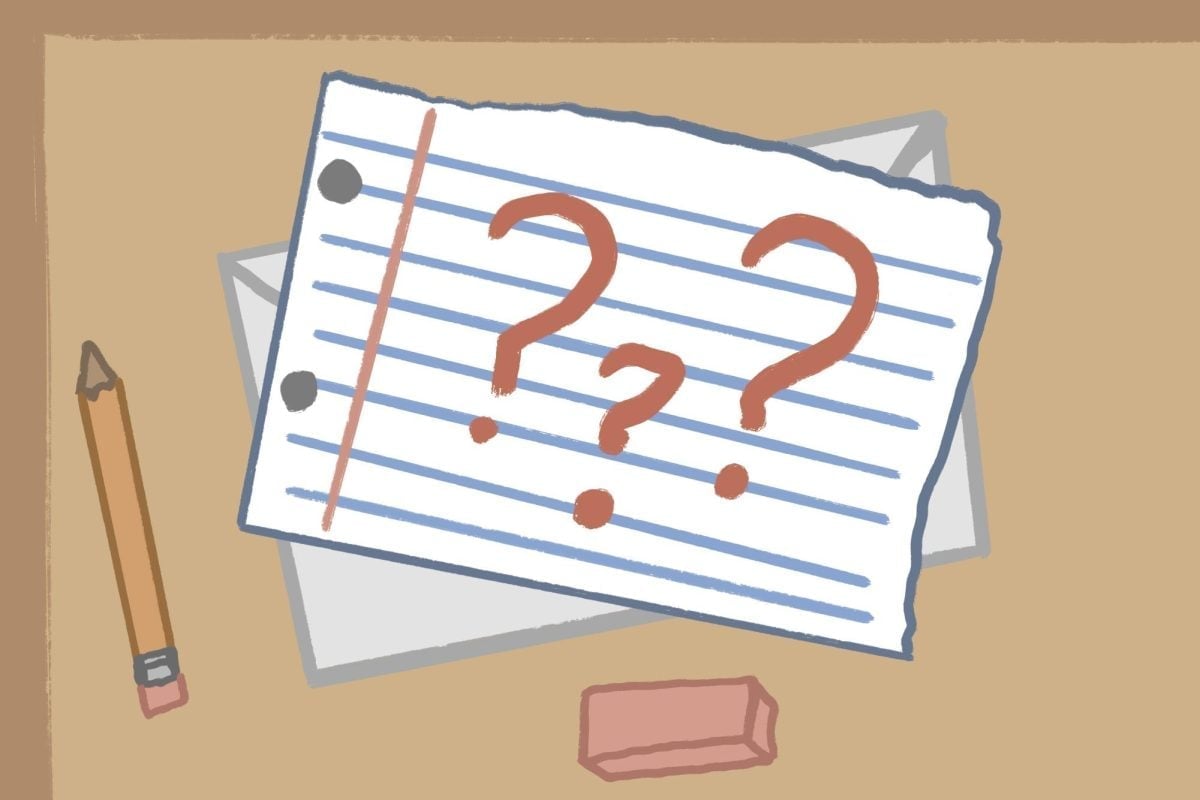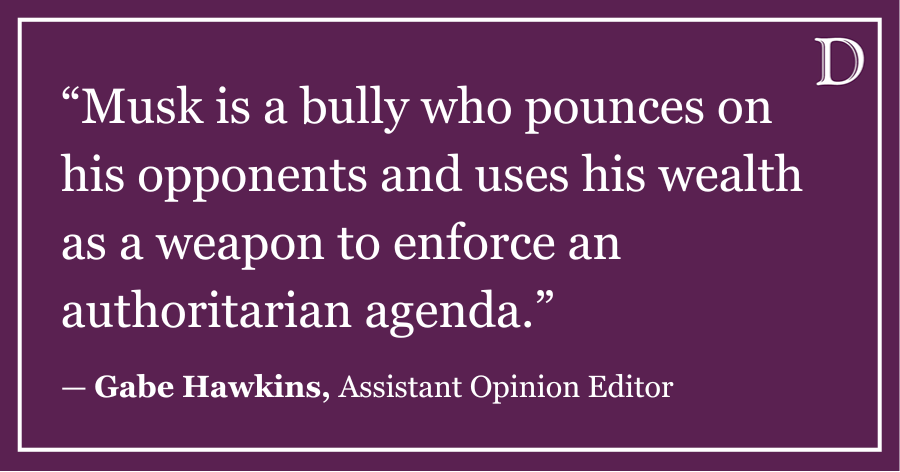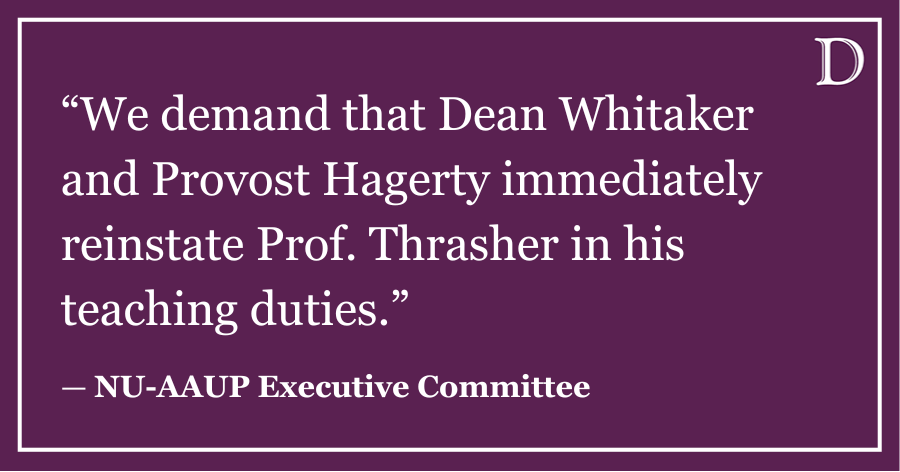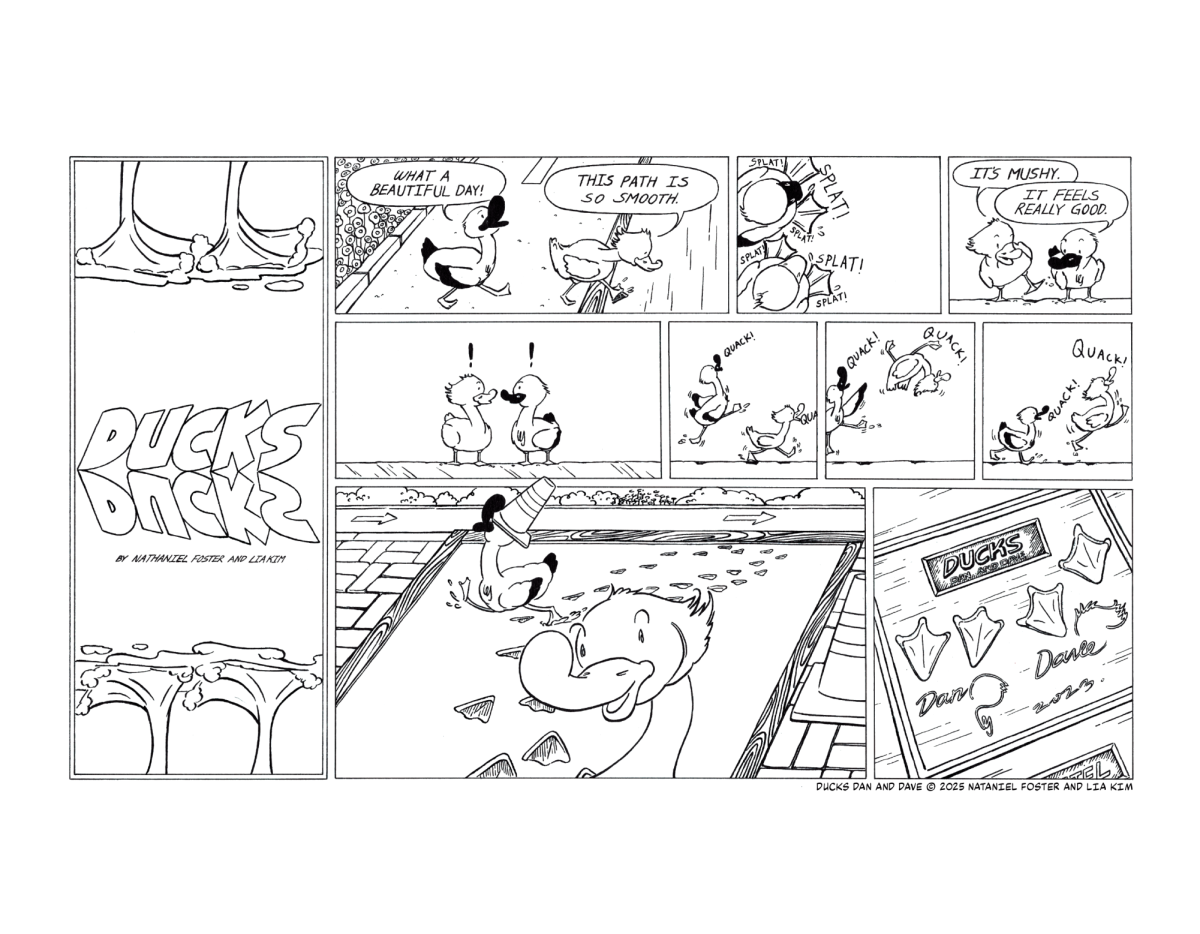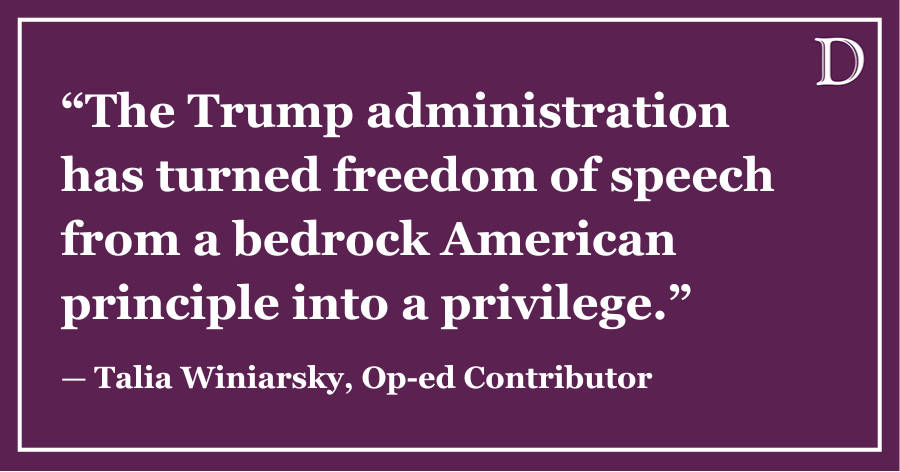Over the summer, Chicago Public Schools became a battleground for opposing ideals regarding the welfare of students and teachers. The tension was mostly between Chicago Mayor Rahm Emanuel and Chicago Teachers Union president Karen Lewis. This tension and disagreement led to a seven-day strike that left thousands of children out of school and ended just last week.
As both sides made legitimate points, I did not pick a position during the strike. Unfortunately, CPS faces issues that are impossible to solve during a week of negotiations. As someone who attended CPS schools before college, I found the voices of actual CPS students were often overlooked during the strike. Here’s an overview of the flaws CPS students encounter on a daily basis during the school year:
Bad teachers: I grew up in a union family, so I am very understanding of the concerns of the CTU. I encountered several great teachers and counselors as a CPS student. That said, there are definitely bad teachers within CPS, and CTU protects them. One of the points of contention during the strike was the possibility of teachers being evaluated based on student test scores. While I do not think that is particularly fair for teachers (there are a number of factors relating to test scores that teachers do not control), teachers should still be responsible for teaching their students the information promised in the curriculum. Once during elementary school, I was asked questions about a college basketball team during a pop quiz in science class. I am sure the teacher was trying to be hip and cutesy, but I got a C because I knew jack squat about basketball. There are also teachers who give out As like they are going out of style. Students love these teachers, but teachers are not supposed to be students’ best friends; instead, teachers must be willing to push struggling students. Some teachers simply underperform. If I was underperforming in any other job, I would be fired. If none of the students are learning the subject, the teacher is not doing his or her job.
Lopsided treatment: CPS has magnet schools that are aimed at more academically competent students, or at least students who did well in the seventh grade. I did not go to a magnet (I was accepted but did not want to go to a school outside of my neighborhood), but I believe the whole magnet school system in CPS creates a hierarchy among schools. Some schools in CPS are treated better than others. I saw evidence of this in my own non-magnet high school; many of the students believed that students in the IB program were treated better and received more resources than non-IB students. I used to think this was how all school systems were organized until I learned how suburban schools treat every student as if they have potential. CPS should provide the same opportunities to students no matter what school they attend.
Lack of emphasis on test scores: I do not believe test scores measure intelligence. In fact, all they really measure is one’s ability to answer fairly general questions on different subjects in timed environments. However, while tests like the ACT and SAT are only important for about five minutes, they do provide a gateway for better opportunities. Growing up in CPS, I witnessed a lack of test preparation. Many of my peers believed they did not have to study for tests like the ACT. I wish teachers would discuss the impact of test scores more. Discuss the college readiness benchmarks and address the average scores of these tests and the students will have a better grasp on the impact these exams will have on their future.
Dismal budgets: Test scores are important, but it is difficult for students to focus when they have so much else going on. Providing air conditioning in every school may seem silly, but if Mayor Emanuel wants longer school days and a longer year, this is an investment that must be made. Another investment that must be made is the addition of more guidance counselors. My high school for junior and senior year had one counselor for more than 200 students. Thankfully, most of my peers came from pretty stable backgrounds, so there was not a lot of trauma to manage. However, I feel for the CPS students who live in rough areas. CPS schools are unprepared to deal with students’ emotional needs. Attitude and academic success go hand in hand, and many students struggle with counselors who are not available when students need them.
Lack of parental interest: During the strike, many parents expressed their concern about where their children would go during the day. Unfortunately, I got the sense that these parents were most upset that they didn’t have a place to dump their child. I heard more, “Who’s going to watch my kid?” than, “Who’s going to teach my kid?” Parents need to take an interest in their child’s education beyond when it is convenient. That does not mean every parent needs to go to PTA meetings (mine never did), but making sure a child does his or her homework every night will make the actual classwork go much smoother.
Students who don’t take command: This is a message to every CPS student: you are going to school for your own good, not for your parents or for your teachers. As such, students need to take charge sometimes. None of the problems listed above will go away easily, but students can still take control of their own education. Not every CPS student should strive for some expensive four-year university (those are only for the especially clueless), but education and training will provide many outlets. Today’s students will be tomorrow’s teachers.
Things look rough for CPS, but as someone who survived the system I am optimistic things can change. There is no quick fix, and down the road there will probably be more disagreements than agreements, but most importantly, everyone is fighting for the same thing: a better future for our students.
Julianna Nunez is a Medill junior. She can be reached at juliannanunez2014@u.northwestern.edu. If you would like to respond publicly to this column, email a Letter to the Editor to forum@dailynorthwestern.com.



